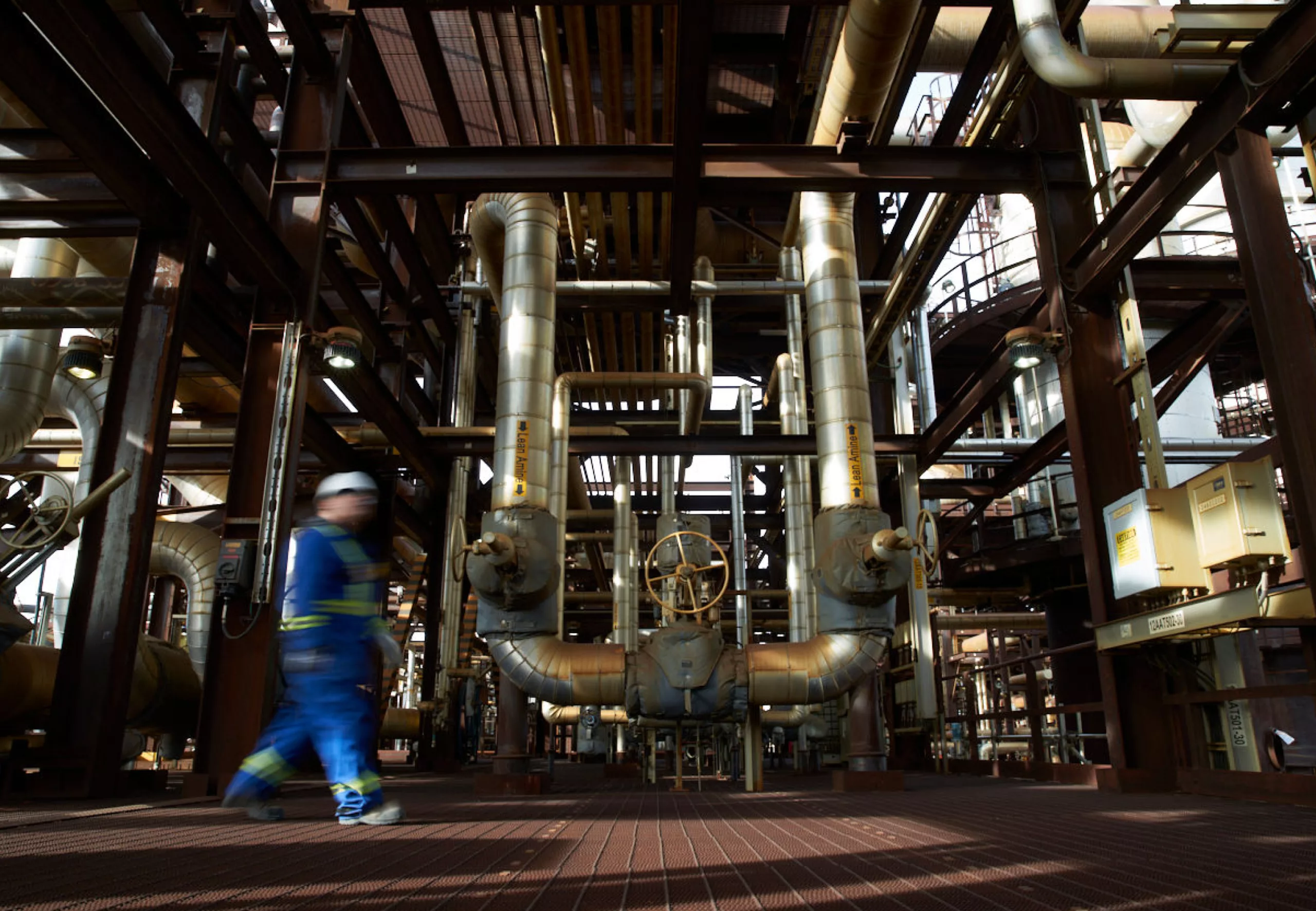Ottawa invests $21M in Alberta-based CCUS projects
Key recipients include Bow Valley Carbon, Enbridge, Enhance Energy, OptiSeis Solutions, and OCCAM’s Technologies.

Key Takeaways:
- Ottawa is investing over $21.5 million in five Alberta-based carbon capture and storage projects to accelerate clean energy innovation and reduce emissions in hard-to-decarbonize sectors like diesel engines and industrial processing.
- Key recipients include Bow Valley Carbon, Enbridge, Enhance Energy, OptiSeis Solutions, and OCCAM’s Technologies, with projects focusing on CO₂ storage, monitoring technologies, and diesel emissions reduction — several of which include Indigenous partnerships.
- The funding supports Canada’s broader clean energy strategy, aligning with $93 billion in clean investment tax credits and contributing to the 2050 net-zero target while aiming to position the country as a global energy leader.
The Whole Story:
The federal government is investing more than $21.5-million in five Alberta-based carbon capture and storage projects as part of its push to reduce emissions while bolstering Canada’s energy sector.
Natural Resources Minister Tim Hodgson made the announcement Thursday in Calgary, saying the funding will support the development of technologies that permanently store carbon, improve monitoring of underground storage sites, and reduce emissions from hard-to-decarbonize sectors like diesel engines.
“We are taking action to make Canada a conventional and clean energy superpower,” Hodgson said. “Today’s announcement highlights how Canada is showing the world that we are not just talking about clean energy — we are building it.”
The projects are funded through the federal Energy Innovation Program’s Carbon Capture, Utilization and Storage (CCUS) stream, which was established following a $319-million commitment in Budget 2021. Ottawa says the goal is to drive down the cost and increase the viability of next-generation carbon capture technologies.
Among the recipients is Bow Valley Carbon, a partnership between Inter Pipeline and Entropy Inc., which will capture emissions from the Cochrane Extraction Plant and explore long-term carbon storage in western Alberta.
“Bow Valley Carbon will help ensure society can count on these products for decades to come,” said Paul Hawksworth, CEO of Inter Pipeline. “It will also create a path for long-term emissions reduction across the region.”
Enbridge is receiving support to advance its Wabamun Hub, a large-scale CO₂ transportation and storage network near Edmonton. The company says the project is being developed with plans for co-ownership opportunities for five nearby Indigenous communities.
Other funded projects include Enhance Energy’s Origins CCS Hub, designed to permanently store carbon from a range of industrial sources, and OptiSeis Solutions, which is validating subsurface geophysical technologies for monitoring underground carbon storage.
OCCAM’s Technologies will also receive support to demonstrate its emissions-reducing system for diesel engines at a commercial scale — part of an effort to target emissions from smaller but widespread emitters.
The funding announcement aligns with the federal government’s broader push to create jobs and reduce emissions through clean energy development. Ottawa has pledged $93 billion in clean investment tax credits through 2034–35, including incentives specifically targeting carbon capture technologies.
Officials say the projects will help meet Canada’s 2050 net-zero target while securing the country’s role as a global leader in both conventional and low-carbon energy.
“These investments are examples of how innovation can help Canada strengthen and modernize our energy industry, support good local jobs, reduce pollution and grow a cleaner economy,” the government said in a statement.

